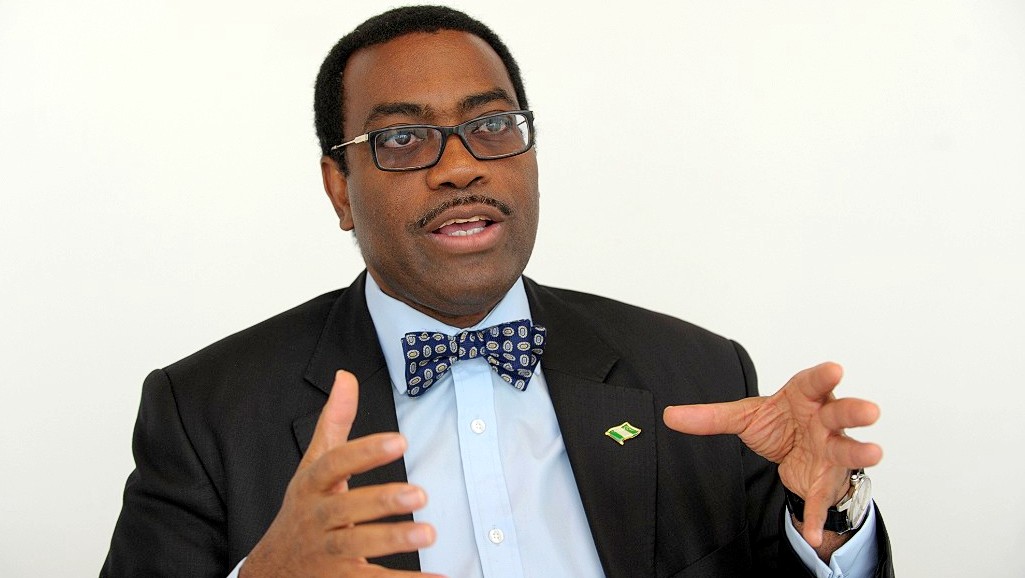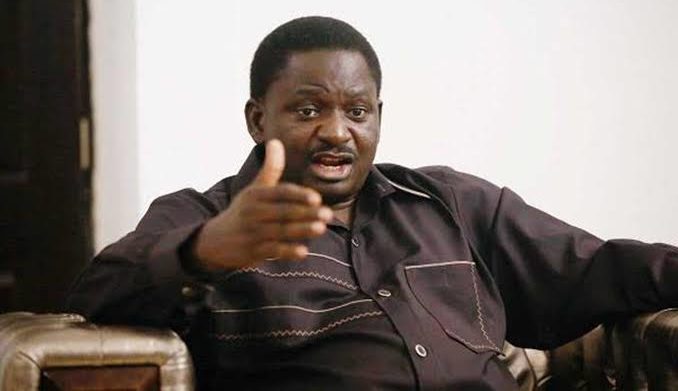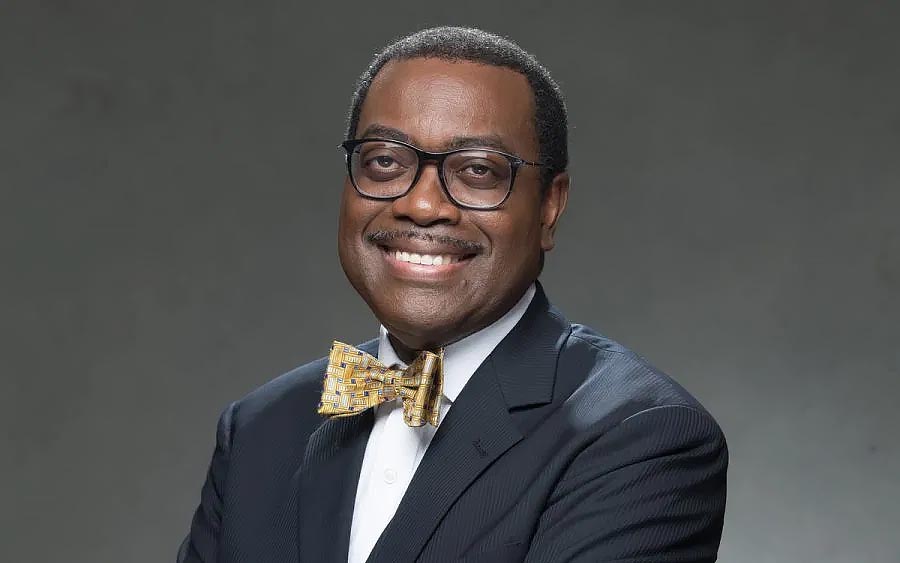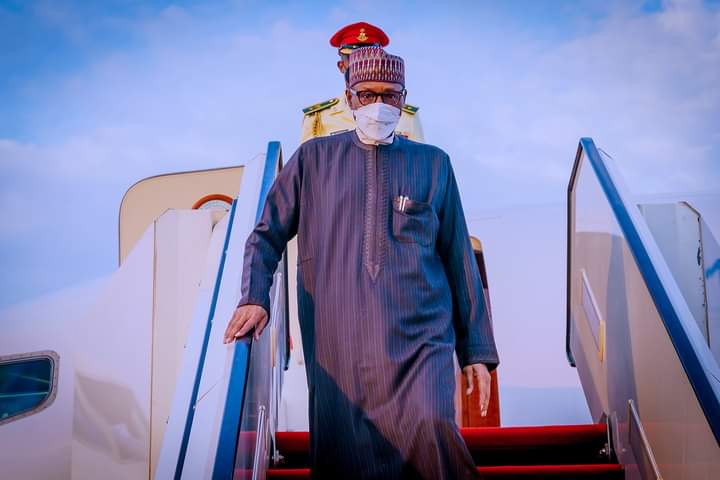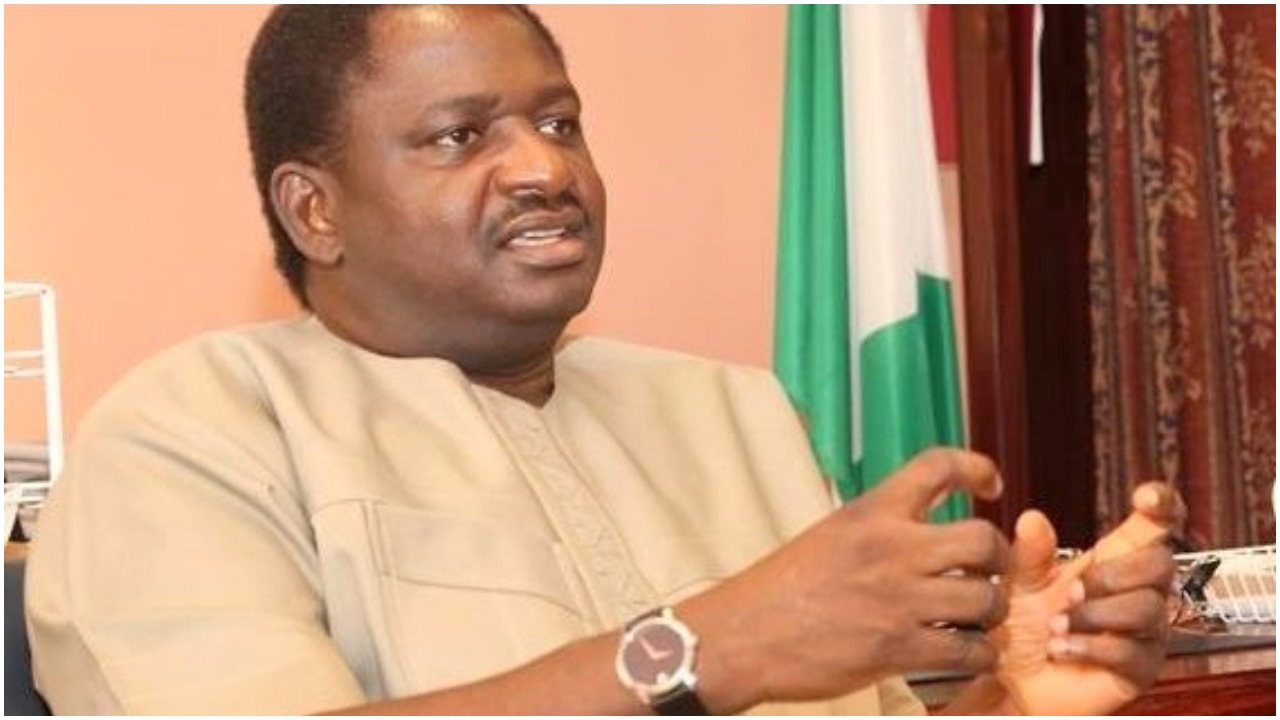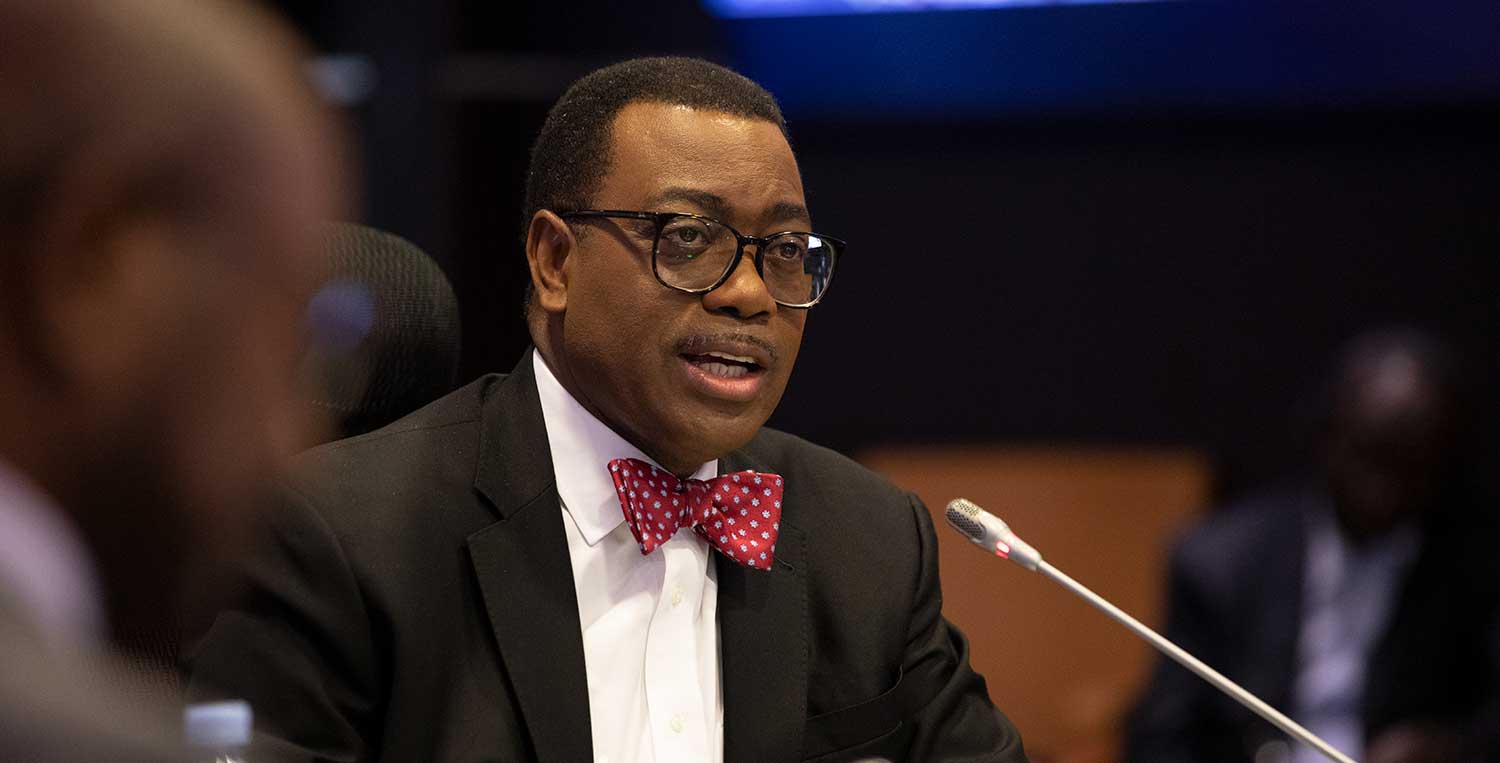African Development Bank (AfDB) President, Akinwumi Adesina has called on Korean investors to seize untapped investment opportunities in Africa, especially in the energy and agriculture sectors.
Adesina, in a statement on the Bank’s website said the Africa continent could not be ignored by investors.
He spoke at a business forum attended by CEOs of Korean corporations, heads of financial institutions, and ministers and business leaders from Africa.
The business forum was held during the 7th Korea-Africa Economic Cooperation Ministerial Conference, held in Korea’s second-largest city, Busan.
Adesina highlighted the potentials for Africa to become a leading market frontier, boasting enormous potential in agriculture and renewable energy sources.
The bank chief assured the Korean investors that Africa was not as risky as reported, adding that It was a continent of opportunities, waiting to be tapped.
He cited Moody’s analysis of global infrastructure default rates which showed that Africa ranked better at 5.5 per cent, compared with 8.5per cent in Asia and 13per cent in Latin America.
Adesina observed that bilateral trade between Korea and Africa was important and growing, but said its volume needed to be improved.
He said Korea’s trade with Africa in terms of exports and imports stood at only two per cent of its total trade with the world.
He said this must change given the huge economic opportunities and investment potential in Africa.
“The size of consumer expenditures is estimated to be 2.5 trillion dollars by 2030.
“The African Continental Free Trade Area (AfCFTA), which is the largest in the world in terms of numbers of countries, is estimated at 3.5 trillion dollars market size.
“With a population of 1.3 billion, of which 600 m are young people, rapid urbanisation and rising incomes of the middle class, Africa is the leading emerging market frontier,” he said.
Adesina listed several sectors that offered huge opportunities, including energy and agriculture, which was expected to grow to 1 trillion dollar by 2030.
“This includes the development of special agro-industrial processing zones in which the bank and partners have invested more than 1.5 billion dollars in 11 countries.
“In the energy sector, Africa has enormous renewable energy potential, including 11 TW of solar, which is the highest in the world, but only one percent is utilised.
“With 350 GW of hydro, only seven per cent is utilised; 115 GW of wind potential of which only two per cent is used; and 15 GW of geothermal power of which only two per cent is utilised,” he said.
Adesina invited Korean investors to its 2023 Africa Investment Forum in Marrakech, Morocco, from Nov.10 to Nov.12.
The Africa Investment Forum had attracted 142 billion dollars in investment interest in Africa over the past four years, including in energy, agribusiness, roads and transport, health, and digital technology.
The Korea’s 1st Vice President, Minister of Economy and Finance, Byoung Kim, acknowledged that despite global shocks, African countries were experiencing higher growth rates.
Kim shared his strong conviction that there were enormous opportunities for investment in Africa compared to other continents and highlighted the important role of the private sector in harnessing these opportunities.
He recalled that Korea was one of the poorest countries in the world but was able to overcome this largely by focusing on its small businesses and the private sector.
“We hope to share those experiences with our African counterparts,
“We support the private sector to boost investment and provide guarantees tailored to private sector needs.
The Korean government will work with AfDB to identify opportunities and use the KOAFEC Trust Fund to enhance the capacity of the private sector.
The meeting identified the African Continental Free Trade Area as a platform for mutual trade and investment.
The Chairman and President of the Export-Import Bank of Korea, Hee-sung Yoon, said Africa’s population and vast resources offered enormous opportunities for growth.
“The AfCFTA will connect Africa with the rest of the world. It will be an opportunity for Korea to build strategic partnerships,” Yoon said.
Meanwhile, during a subsequent panel session on Just Energy Transition in Africa, the CEO of Neo Themis, Tas Anvaripour encouraged Korean investors to consider on investing instead of only selling equipment.
She assured the gathering that the AfDB was a trusted risk guarantor on the continent.
“In several of our business ventures in some African countries, AfDB was there to support us.
“Its credit guarantee helped us reassure our foreign investors and acted as an honest broker when it mattered most. Institutions like this make investing in Africa easy,” Anvaripour said.


